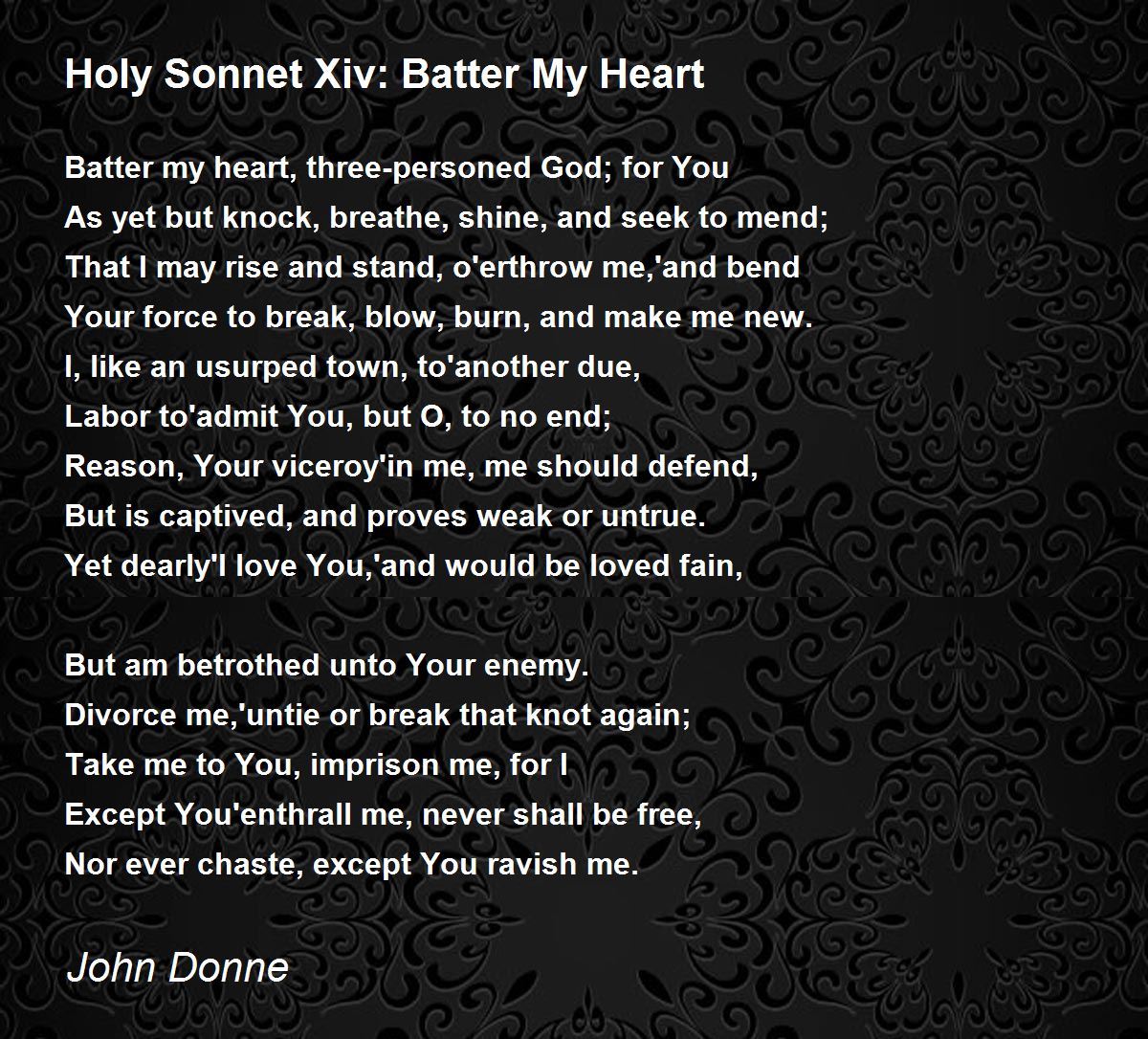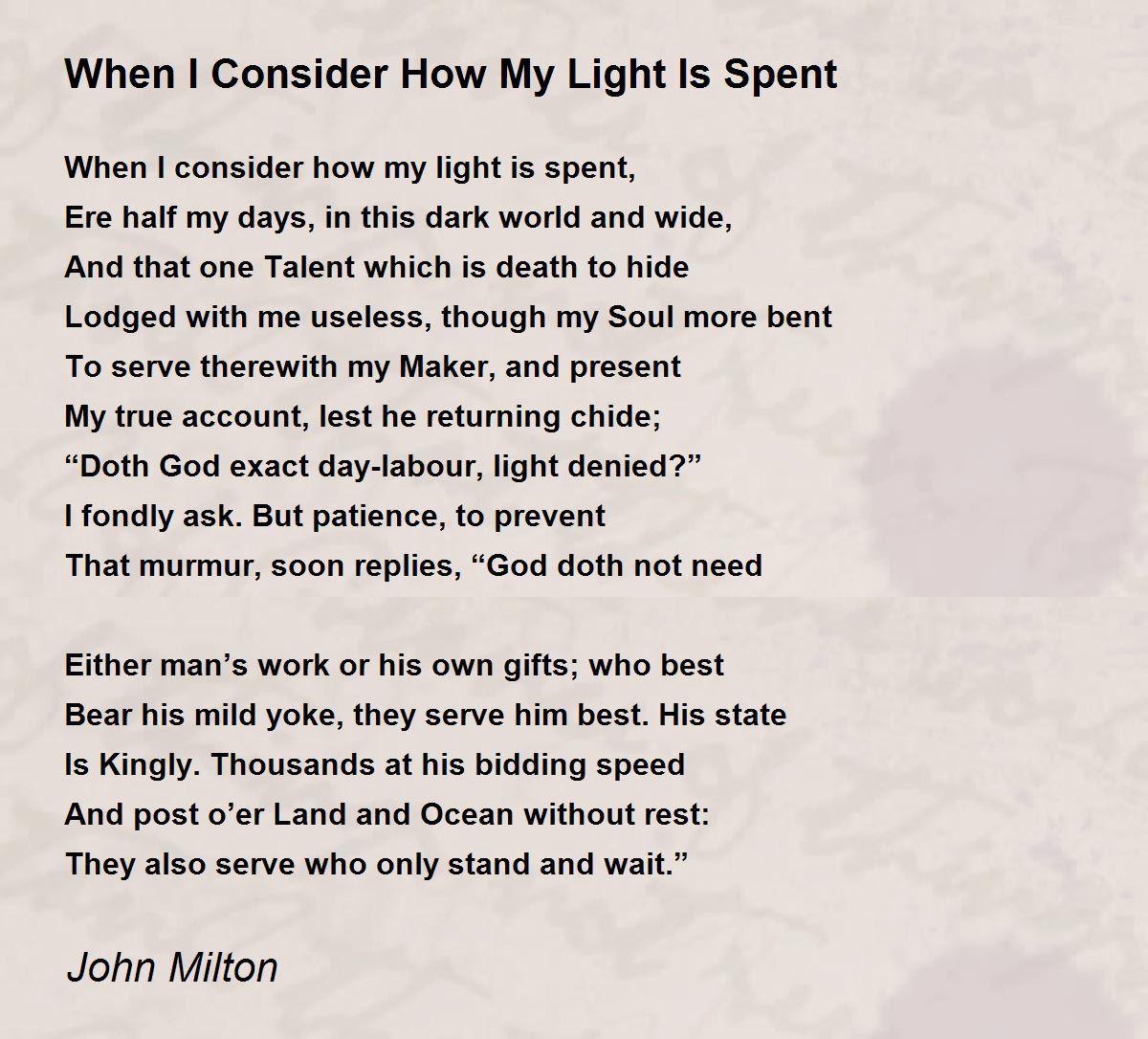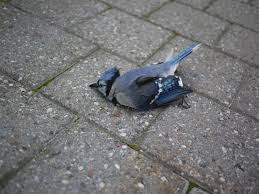There is something intensely bold and stupid and admirable about Bartleby looking his boss in the face after a request is made of him and replying "I would prefer not to," not once, but
twenty times through Herman Melville's short story, "Bartleby, the Scrivener: A Story of Wall Street
."
At first, it's all responses to the boss/narrator asking him to review his work, which was always perfect. Then, the contexts of the statement escalate to conversations about basic duties of his job, leaving the office once he stops work (where he is essentially a squatter), and finally saying, "No: at present I would prefer not to make any change at all." Savage, but also sad.
Bartleby is the best at what he does, to the point where he is almost robotic. He is both a perfect specimen of a worker, and lacking all motivation required to follow through. He exemplifies what society's "ideal" in the corporate world of excellent workers would fully entail, including the underbelly of the spirit such a system would suffocate out of workers. While Nippers and Turkey clearly have their faults, they don't suffer breakdowns like Bartleby, and their single defense against having the same experience is their imperfection.
Bartleby is a warning against the sacrifice corporate America demands of us, and I think we may already be halfway there.
When it comes to preferences, I would also prefer not to do pretty much anything asked of me, as would nearly everyone if they're honest. The inclination is already there, but we don't have the perfection needed to act on it, which is all that keeps us doing what we need to do.






